

Moisturize with Oils: Ayurvedic oils are deeply nourishing and hydrating, providing essential nutrients to the skin while sealing in moisture and protecting against environmental damage. Sesame oil, for example, is rich in antioxidants and vitamins, making it an excellent choice for moisturizing dry or mature skin. Coconut oil is lightweight and easily absorbed, making it suitable for all skin types, while almond oil is gentle and soothing, making it ideal for sensitive or irritated skin. These oils can be applied to damp skin after cleansing or used as part of an Ayurvedic massage to promote relaxation and rejuvenation. In Ayurveda, this practice is known as "Abhyanga," which involves the application of warm oil to the body in a soothing and rhythmic manner.
Using oils for moisturizing goes beyond mere surface hydration; it penetrates deep into the layers of the skin, providing essential nutrients and promoting overall skin health. In Ayurveda, the choice of oil depends on an individual's constitution or "dosha" and the specific needs of their skin. Commonly used oils in Ayurvedic moisturizing include sesame oil, coconut oil, almond oil, and jojoba oil, each offering unique therapeutic benefits. For example, sesame oil is often recommended for its warming properties, making it ideal for balancing Vata dosha and soothing dry or rough skin. Coconut oil, on the other hand, is cooling and is preferred for Pitta imbalances, while almond oil is nourishing and suitable for all doshas

Additionally, apply herbal face masks: Herbal face masks are a luxurious way to pamper your skin while addressing specific skin concerns like acne, inflammation, or dullness. Turmeric, for example, is a powerful antioxidant and anti-inflammatory that helps brighten the complexion and reduce acne and blemishes. Sandalwood has cooling and soothing properties that help calm irritated skin and reduce redness, while neem is a natural antibacterial and antifungal agent that helps purify and detoxify the skin. These herbal face masks can be applied once or twice a week as part of your skincare routine, leaving the skin feeling soft, smooth, and radiant. In Ayurveda, caring for the skin involves gentle and natural approaches that prioritize harmony and balance. Herbal face masks are integral to this regimen, as they offer a cleansing and nourishing experience that goes beyond removing impurities to rejuvenating the skin.
What’s the natural ingredient that you love? Let us know in the comments below.


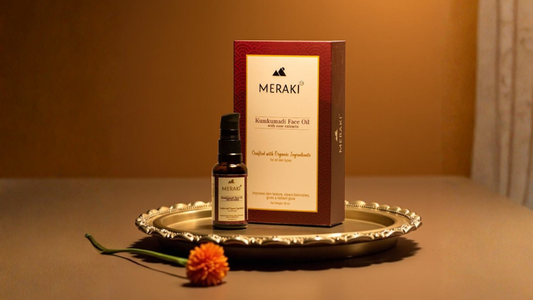
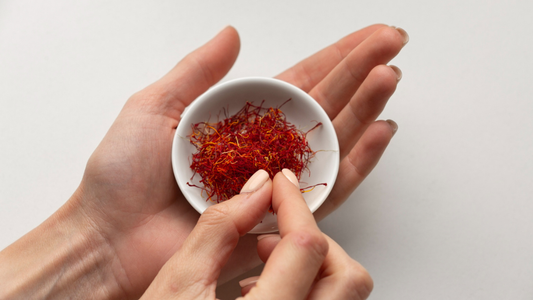


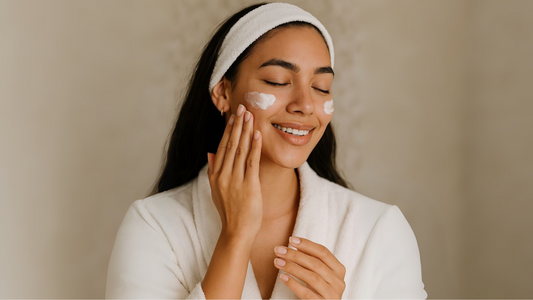
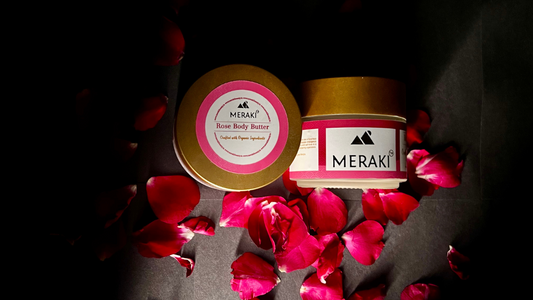
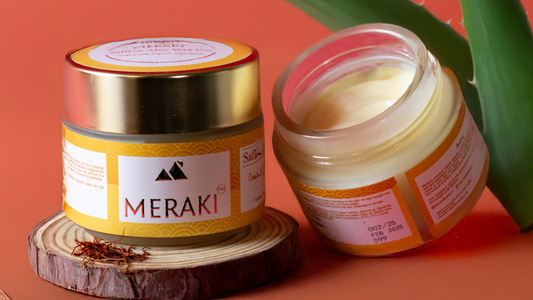
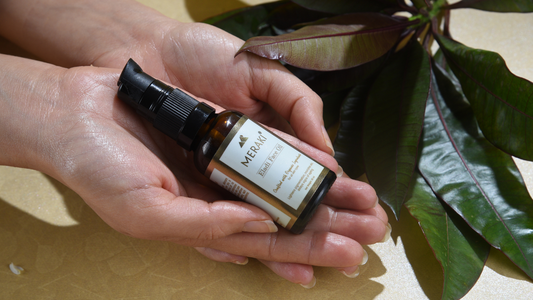
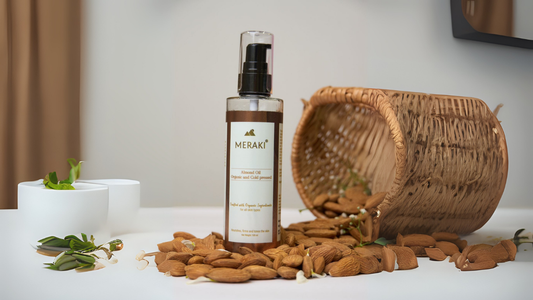
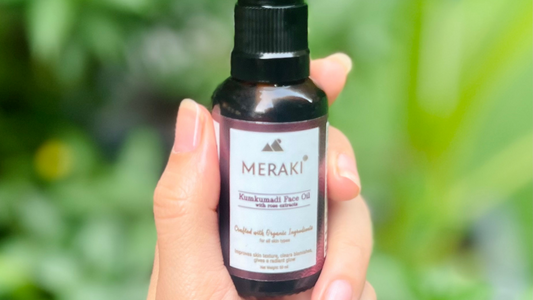






19 comments
cunkgh
yg1j7v
ggzwds
iorhwn
vy8akv